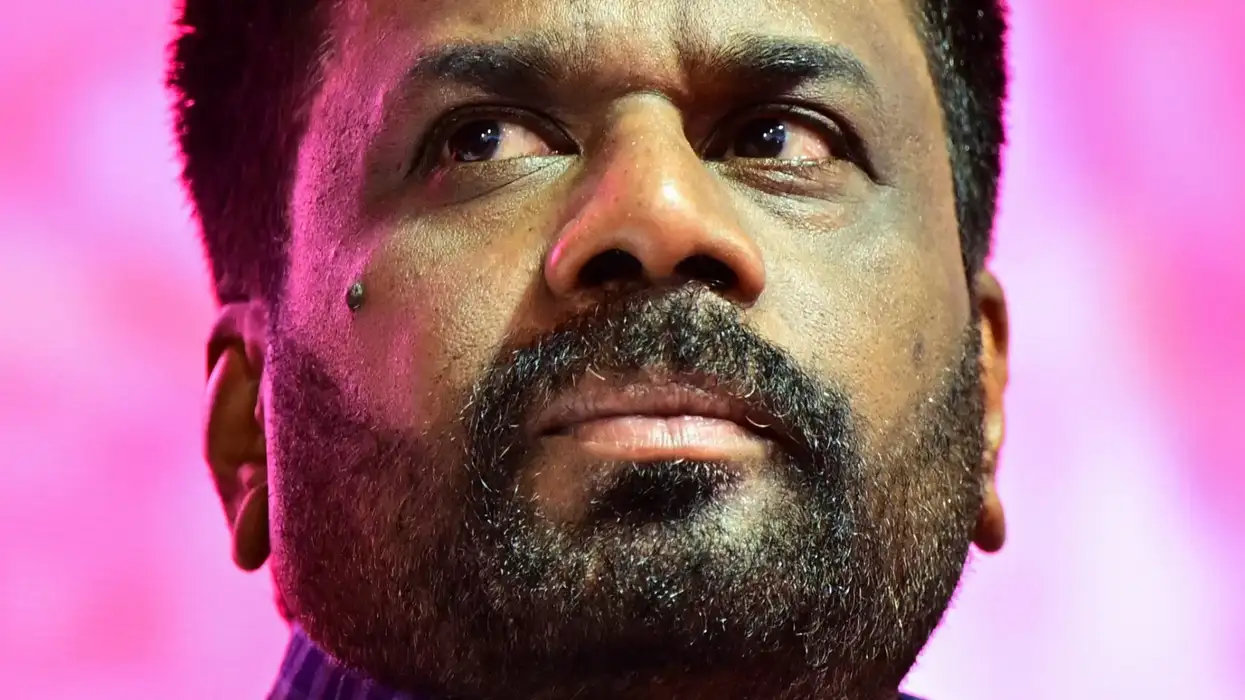MARXIST-LEANING Anura Kumara Dissanayake and opposition leader Sajith Premadasa headed to a run-off for Sri Lanka's presidency on Sunday (22), the election body said, with a second round of counting to determine the winner using preferential votes.
It is the first time in Sri Lanka's history that the presidential race is to be decided by a second round of counting after the top two candidates failed to win the mandatory 50 per cent of votes to be declared winner.
All remaining candidates, including incumbent president Ranil Wickremesinghe, have been disqualified, the Election Commission told reporters. Dissanayake polled 39.5 per cent of the counted ballots with Premadasa finishing second at 34 per cent.
Wickremesinghe, who led the heavily indebted nation's fragile economic recovery from a debilitating crisis in 2022, trailed in third with 17 per cent.
This is Sri Lanka's first election since the Indian Ocean nation's economy buckled in 2022 under a severe foreign exchange shortage, leaving it unable to pay for imports of essentials including fuel, medicine and cooking gas. Protests forced then-President Gotabaya Rajapaksa to flee and later resign.
"The election result clearly shows the uprising that we witnessed in 2022 is not over," said Pradeep Peiris, a political scientist at University of Colombo.
"People have voted in line with those aspirations to have different political practices and political institutions. AKD (as Dissanayake is known) reflects these aspirations and people have rallied around him."
Sajith Premadasa attends an election rally ahead of the upcoming presidential elections in Colombo on September 11, 2024. (Photo by ISHARA S. KODIKARA/AFP via Getty Images)Dissanayake, 55, presented himself as the candidate of change for those reeling under austerity measures linked to a $2.9 billion (£2.2bn) International Monetary Fund bailout, promising to dissolve parliament within 45 days of taking office for a fresh mandate for his policies in general elections.
He has worried investors with a manifesto pledging to slash taxes in the island nation, which could impact IMF fiscal targets, and a $25bn (£18.8bn) debt rework. But during the campaign, he took a more conciliatory approach, saying any changes would be undertaken in consultation with the IMF and that he was committed to ensuring repayment of debt.
Premadasa also pledged to renegotiate the contours of the IMF deal.
Buttressed by the IMF deal, Sri Lanka's economy has posted a tentative recovery. It is expected to grow this year for the first time in three years and inflation has collapsed to 0.5 per cent from a crisis peak of 70 per cent.
But the continued high cost of living was a critical issue for many voters, and millions remain mired in poverty, with many pinning hopes of a better future on the next leader.
Voting was peaceful, although police declared a curfew across the island nation until noon (0630 GMT) as a precaution while vote counting continued.
About 75 per cent of the 17 million eligible voters cast their ballots, according to the commission.
Dissanayake, known for stirring speeches, ran as a candidate for the National People's Power alliance, which includes his Marxist-leaning Janatha Vimukthi Peremuna party. Traditionally, Dissanayake's party has backed stronger state intervention, lower taxes and more closed market economic policies.
Although JVP has just three seats in parliament, Dissanayake was boosted by his promises of tough anti-corruption measures and more pro-poor policies. He drew big crowds at rallies, calling on Sri Lankans to leave behind the suffering of the crisis.
Premadasa, 57, entered politics after his father, President Ranasinghe Premadasa, was killed in a suicide bombing in 1993. The younger Premadasa polled 42 per cent of the votes in 2019 to finish second, behind Rajapaksa, in the last presidential election.
Premadasa's centre-left party has promised tax changes to reduce living costs. Support from farming communities in north and central Sri Lanka helped him close the gap on Dissanayake as counting progressed.
The winner will have to ensure Sri Lanka sticks with the IMF programme until 2027 to get its economy on a stable growth path, reassure markets, repay debt, attract investors and help a quarter of its people climb out of poverty.
(Reuters)





